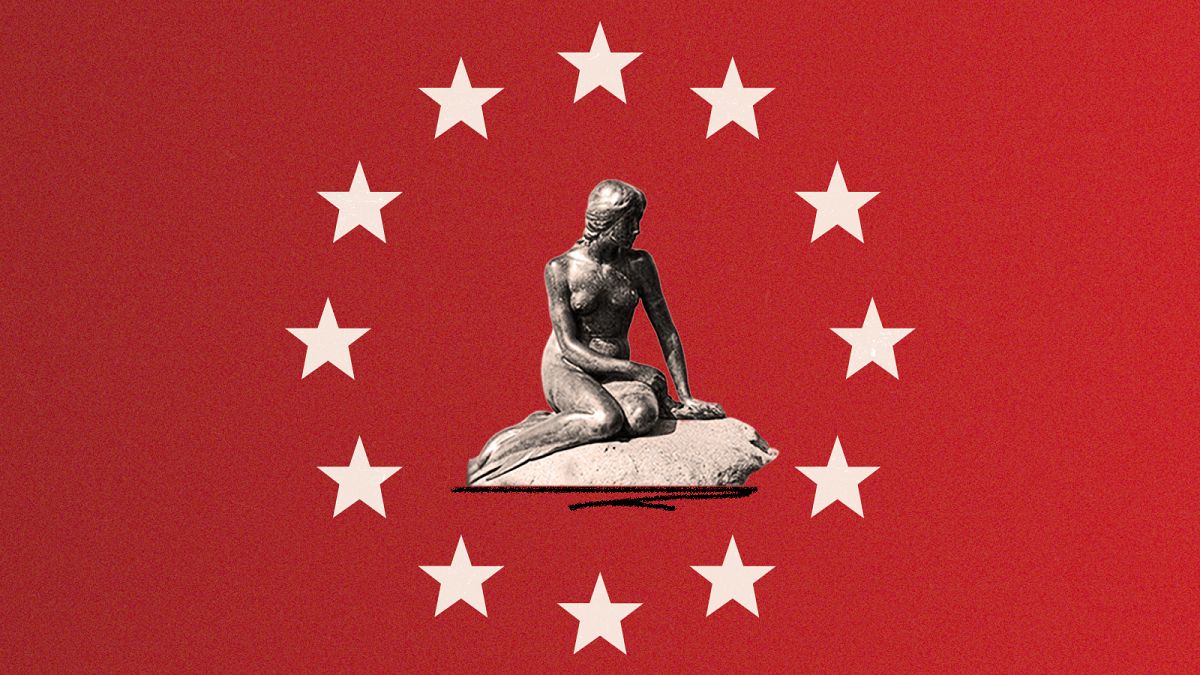

In a time marked by shifting geopolitical dynamics and evolving international partnerships, Denmark assumes the presidency of the EU Council amidst a backdrop of significant global challenges. With a focus on security and cooperation, this period represents an opportunity for member states to navigate the complexities of contemporary international relations thoughtfully and cohesively.
Denmark’s presidency comes at a crucial moment when the European Union faces numerous pressing issues that demand strategic and collaborative approaches. As the new cycle begins, the primary agenda is to strengthen security frameworks, representing a collective effort to unify responses to global threats while enhancing resilience within the union. This focus is particularly pertinent as international cooperation is paramount in addressing emerging security concerns.
Parallel to these developments, the European Union has reached a landmark, albeit measured, trade agreement with Ukraine. This new trade deal marks a shift from the temporary arrangements that were established post-Ukraine’s recent conflicts to a more stable and long-term economic partnership. Acknowledging the need for realistic goals, the EU and Ukraine have crafted an agreement that balances ambition with pragmatism, setting the stage for sustained economic collaboration that prioritizes growth and stability.
As Germany commits itself to Ukraine’s freedom as a pivotal element of its foreign policy, the international community is mindful of the need for continued support. Germany has emerged as a key partner, second only to the United States in providing military assistance to Ukraine. However, uncertainties remain amid shifting political landscapes, particularly regarding the continuity of U.S. support under President Donald Trump’s administration. Through a steadfast commitment to Ukraine, Germany emphasizes the importance of solidarity and support in fostering peace and sovereignty.
The emergence of cooperative defense strategies is exemplified by Lithuania’s recent security pact with the Philippines, aimed at countering the perceived “authoritarian axis” of China and Russia. This agreement underscores the necessity for nations to forge alliances that address shared security challenges, particularly in regions witnessing increased territorial tensions, such as the South China Sea. The pact not only strengthens security cooperation between Lithuania and the Philippines but also highlights the broader strategy of aligning with nations that face similar geopolitical pressures.
On the topic of migration, European Commissioner efforts to address the Mediterranean nations’ concerns about the Anglo-French migration pact reflect a commitment to inclusivity and legal coherence. The “Med 5” countries have voiced apprehensions regarding the adherence of this deal to EU law, prompting a careful review to ensure alignment with European principles and the smooth management of migration issues. The commission’s work signifies a mindful approach to balancing national interests with EU-wide policies, seeking harmonious solutions that respect sovereignty and maintain unity.
As the EU faces these multifaceted challenges, Denmark’s presidency serves as a beacon of guidance, underscoring the importance of collective wisdom, cooperation, and strategic foresight in fostering a more secure and stable global environment. Through the union’s concerted efforts, member states aim to navigate these complex geopolitical landscapes with a perspective that prioritizes inclusivity and resilience, ensuring a promising trajectory for future generations.
Source: {link}
